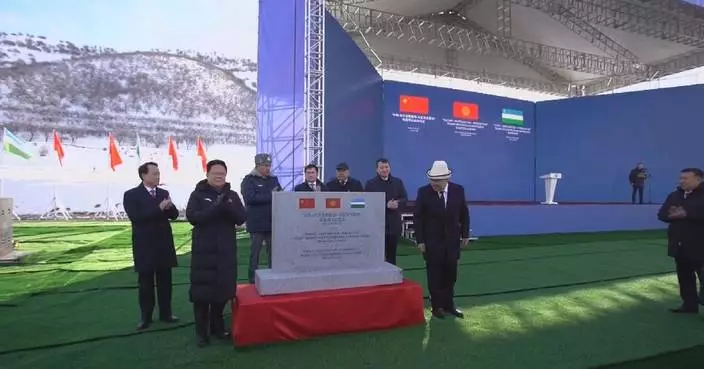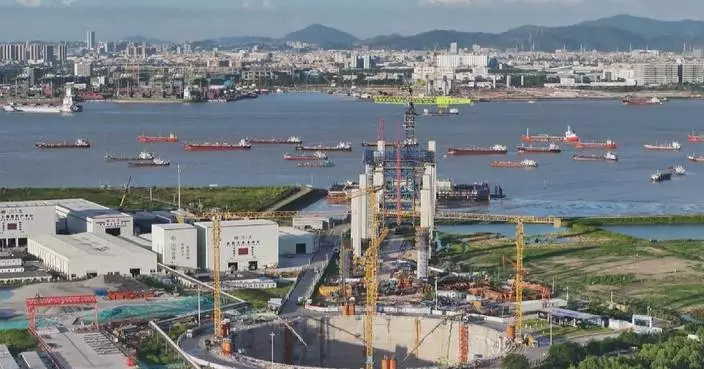China's local government-invested railway network has extended to over 25,000 km, with new regional high-speed railways, intercity railways, urban railways, and railway branch lines going into operation this year to boost the country's high quality development in transportation.
The railway network that is invested, constructed and managed by local governments, or co-invested and constructed by local governments and enterprises has expanded to 28 provinces and regions, and formed a multilevel railway system with wider reach, according to the National Railway Administration (NRA).
Represented by the Hangzhou-Wenzhou High-speed Railway, local railway projects have strongly enhanced freight transport capacity and are also expected to greatly boost the development of urban agglomerations.
The Hangzhou-Wenzhou line linking two major economic hubs in east China's Zhejiang Province began operation on September 6 this year, and will strengthen transportation links between cities in the Yangtze River Delta, one of China's most economically vibrant regions.
"In 2024, China's locally-invested railways are expected to transport 1.21 billion tons of goods, an increase of about 4.5 percent year on year, accounting for 23.4 percent of the country's total railway freight volume," said Wang Jiayu, head of the Department of General Affairs under the NRA.
A growing number of private investors have participated in railway construction and operation. The number of licensed local railway transportation enterprises has reached 80 this year, reflecting a shift towards a diversified pattern of railway construction and operation entities.
"Next, the NRA will encourage and guide social capital to participate in railway construction and operation in accordance with laws and regulations. We support qualified enterprises to independently operate intercity railways and urban or suburban railways, and locally-controlled railway companies should also be able to decide their operation and management models, so as to continuously promote the high-quality development of local railways," said Wang.

Mileage of China's operating locally-invested railways exceeds 25,000 km









